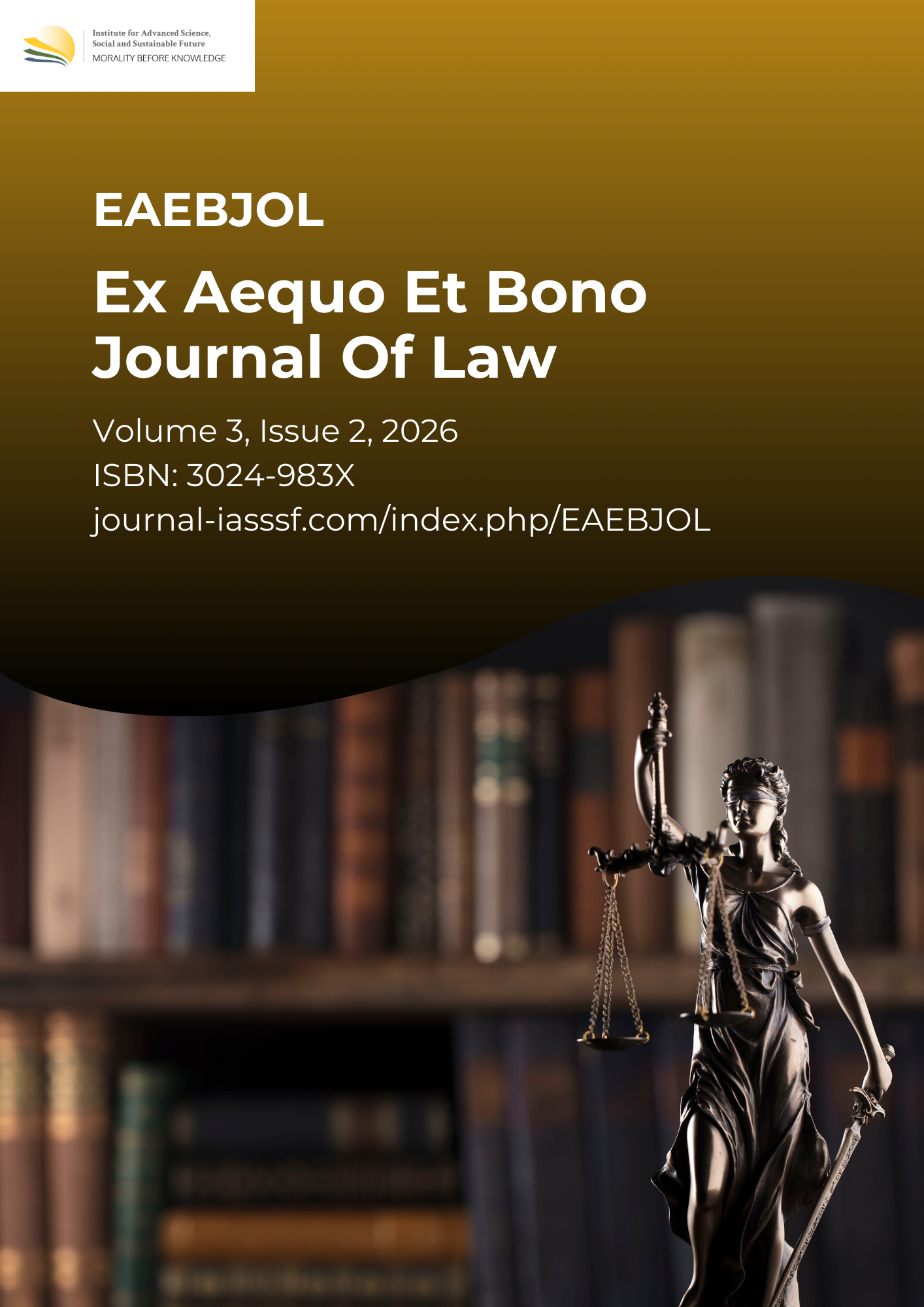Policy on Generative AI Use in Manuscript Preparation
Starting from Volume 2, No. 2, all submitted articles are required to include a Declaration of Generative AI Use. Authors must disclose any use of AI tools in the acknowledgments section, specifying the tool used, its purpose, and confirming their full responsibility for the final content. The declaration should be written as follows: “During the preparation of this work, the author(s) used [tool name] to assist in [specific function]. After using this tool, the author(s) reviewed and edited the content as needed and took full responsibility for the content of the publication.” For example: “During the preparation of this work, the author(s) used Grammarly to assist in improving grammar, clarity, and academic tone of the manuscript. After using this tool, the author(s) reviewed and edited the content as needed and took full responsibility for the content of the publication.”
Read more about Policy on Generative AI Use in Manuscript Preparation















